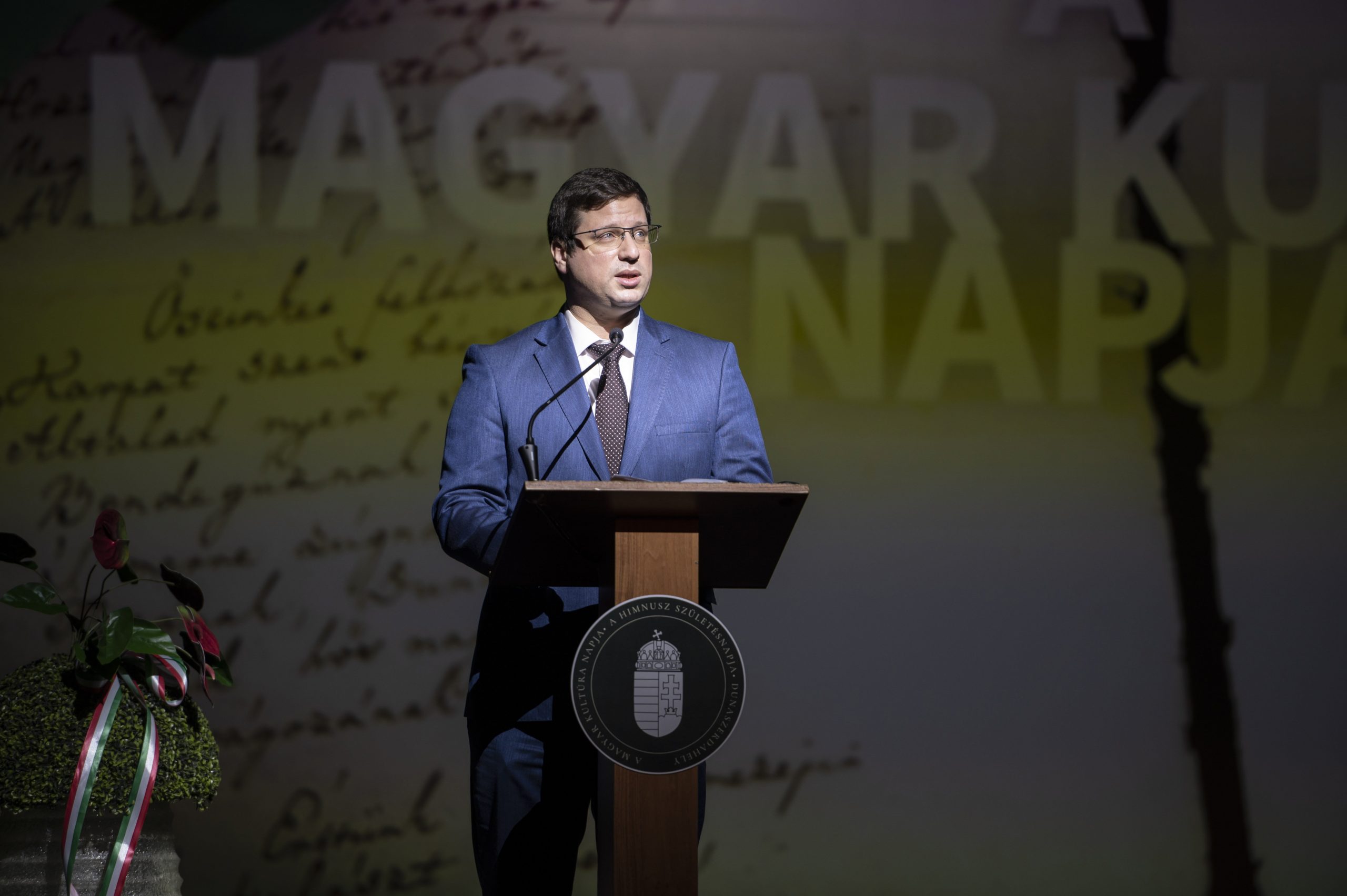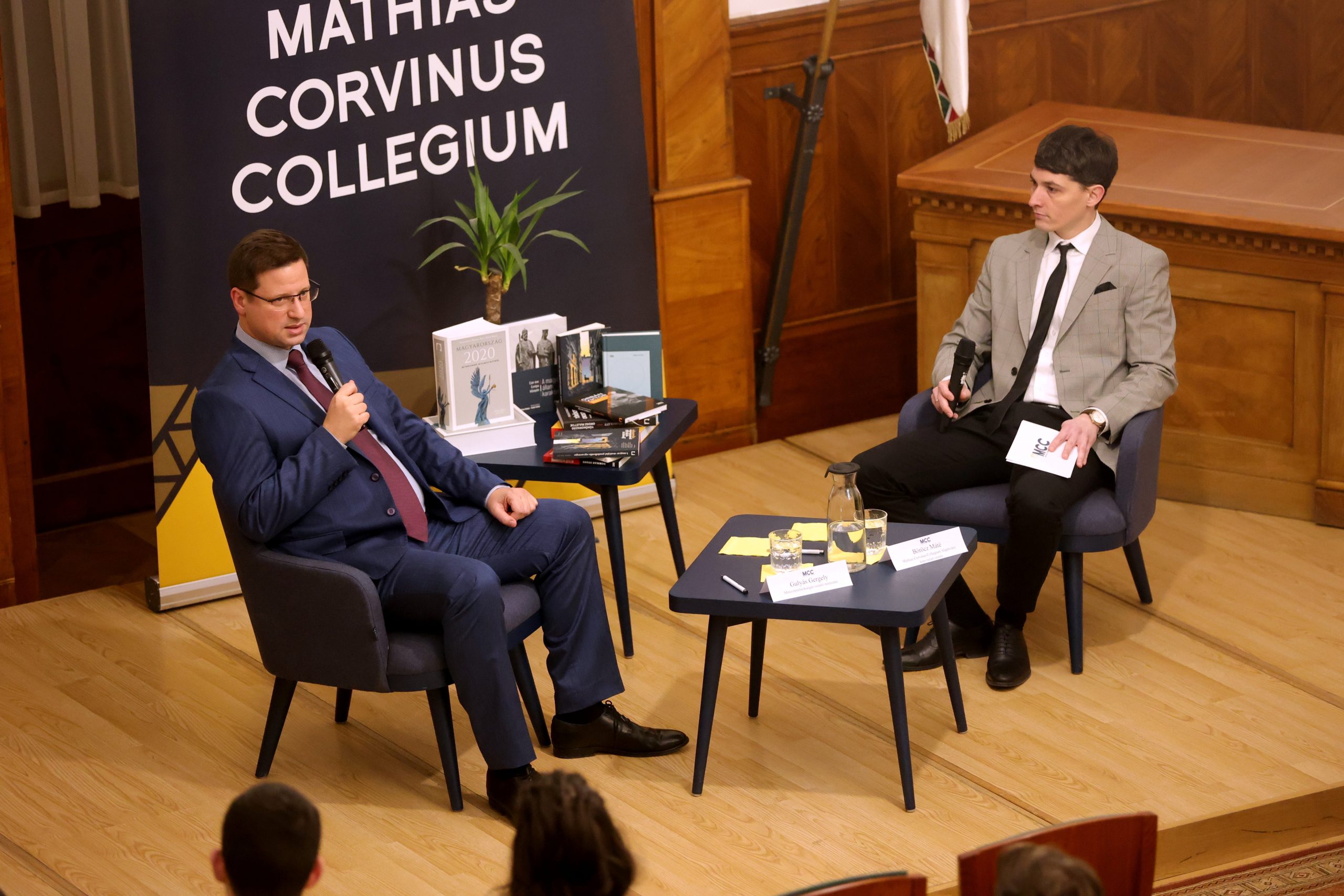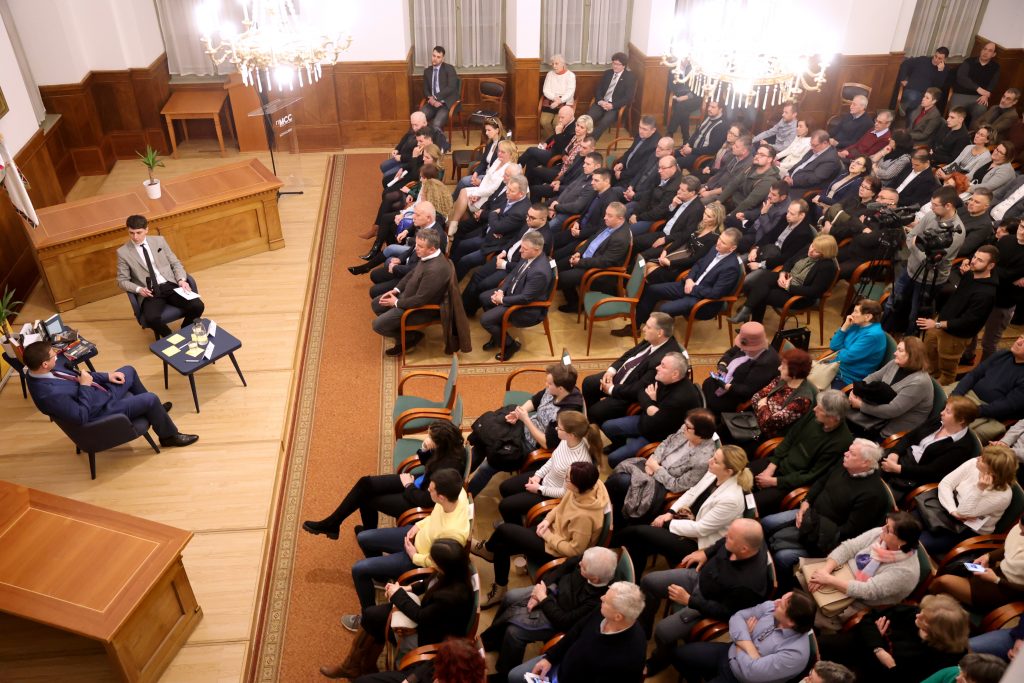
"Brussels and most of the countries of Western Europe today are fundamentally intolerant," according to Gergely Gulyás.Continue reading

Gergely Gulyás, the Minister of the Prime Minister’s Office, spoke at a panel discussion about Hungary’s relations with the European Union, the state of V4 cooperation, and energy dependence.
Hungary is part of the Schengen area and the common market is indispensable for the Hungarian economy, Gergely Gulyás, the Minister of the Prime Minister’s Office said at a panel discussion on Thursday, explaining why currently there is no alternative to the EU for Hungary.
“Without cooperation, European countries would have worse chances in the global economic competition,” he pointed out at the event organized by the Mathias Corvinus Collegium in Szekszárd. According to the minister, Hungary would have done very well for a long time without EU funds, and that it was a mistake to think that the country’s prosperity depended on this. “But our goal is to get all EU funds,” he added.

Photo: MTI/Kiss Dániel
Regarding V4 cooperation – Hungary, Poland, Slovakia, and the Czech Republic – Gulyás said that Hungary disagrees with Poland on whether Russia poses a threat to NATO members.
If it were up to the Poles, we should engage with the greatest possible fervor in a conflict that we want to keep well away from us,”
Gulyás noted, adding that cooperation with the Poles within the EU is good, but “less spectacular.” “The situation is not as good as it was a few years ago, but if the elections in Slovakia and Poland are over and the war will be over too, that in itself will improve cooperation in the V4,” he said.
The minister noted that the rise in energy prices affects everything, and that Hungary’s energy dependence is significantly higher than most countries in Europe, as Hungary still gets 85 percent of its gas from Russia and the ratio is not much better for oil. “Russian gas and oil prices are at world market levels, which are sky high, and therefore inflation is higher”, he added.
Still on the topic of energy, he said that construction of the Paks 2 nuclear plant could start next year and realistically be operational around 2032. He underscored that Hungary would not accept EU sanctions against Russia on nuclear energy.
Featured photo via MTI/Kiss Dániel